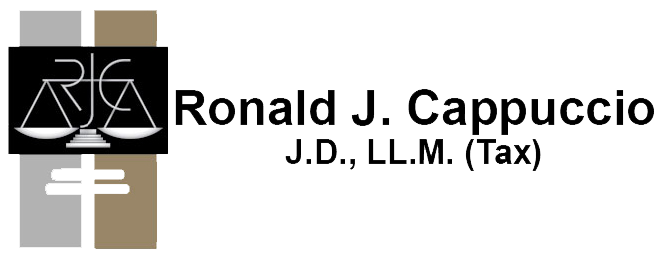New Jersey Tax Audits and Collections
There are three main agencies that conduct tax audits for NJ Business:
- Internal Revenue Service
- New Jersey Division of Taxation
- NJ Department of Labor
Note: even though the Department of Labor does not sound like a taxing agency, they are very difficult in the audit process. Their goal is to falsely claim independent contractors are employees. It is a scam because they force businesses to pay unemployment and disability taxes for people that can never collect.
Tax Collections
The IRS and State governments have extraordinary powers to seize you bank accounts, wages and assets. They do not “play nice.”
If you receive and audit or collection notice, call Ronald J. Cappuccio, J.D., LL.M. (Tax) at 856-665-2121. You can also send us an email.
